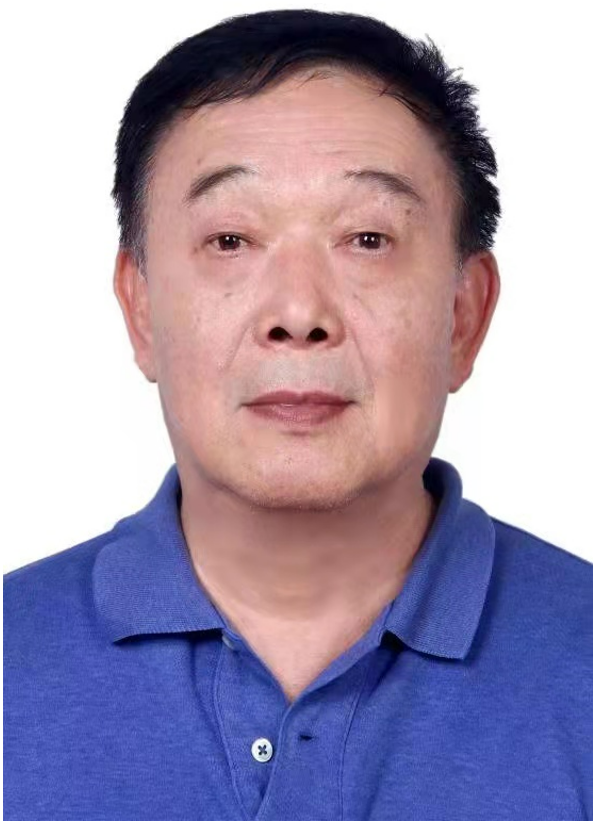Interview with Prof. Jiancheng Shi
Interview with Prof. Jiancheng Shi

Dr. Jiancheng Shi is a senior research scientist at National Space Science Center (NSSC), Chinese Academy of Sciences (CAS), Beijing, China. He received the B.A. degree from the University of Lanzhou, Lanzhou, China, and the M.A. and Ph.D. degrees in geography from the University of California, Santa Barbara (UCSB), CA, USA, in 1982, 1987, and 1991, respectively.
He then joined the Institute for Computational Earth System Sciences at UCSB as a Research Professor. During 2010-2020, he took a position as the director and senior research scientist with the State Key Laboratory of Remote Sensing Science, jointly sponsored by Institute of Remote Sensing and Digital Earth, CAS and Beijing Normal University, Beijing, China. He is currently working as a senior research scientist at NSSC.
Dr. Shi has a long career in remote sensing of Earth energy and water cycle of the earth system. His research interests mainly include 1) remote sensing theory and techniques, 2) remote sensing of cryosphere components, water cycle components, and radiation energy balance, 3) development of new satellite missions, 4) synergy of remote sensing observations and Earth process models for hydrology and climatic change. He has published more than 500 papers with nearly 12000 citations.
Dr. Jiancheng Shi is the Fellow of IEEE, Fellow of SPIE and the Fellow of the Electromagnetics Academy. He is the Chair of Community on Earth Science from Space under China National Space Science Society since 2017, Co-Chair of Community on Remote Sensing and GIS under China Cryosphere Society since 2016, and Chair of Community on Polar Science under International Digital Earth Society since 2019. He is the associate editor of Remote Sensing of Environment since 2018, and the associate editor of SCIENCE CHINA-Earth Sciences since 2003.
Interview:
1. Thanks for accepting to be interviewed amid your very busy schedule. Can you tell us how big is your research group at NSSC, and what are your main projects?
A: I transferred to NSSC in July, 2020. The current group has 2 researchers and 3-5 assistant researchers coming soon. I have a project from NSSC to establish an Earth Science from Space Division, a project on satellite consolidation for water cycle system observation supported by CAS and a project for Satellite Observations and Modeling of Energy and Water Cycle in Tibet supported by MOST at my old institute.
2. We know that China has a large space program for Earth Observations. How do you divide the major disciplines and what are the main satellite missions? Would you like to expand the program further and how?
A: There are 3 major disciplines: Meteorological satellite series, Oceanic satellite series, and Land resource satellite series. Each one has many satellites. They are mainly driven by application purpose. I would like to have more science driven satellite. We are trying through international collaborations.
3. Is climate change or rather climate crisis a major concern for you?
What to do then?
A: Climatic change has resulted in the intensified weather and hydrological disasters and has a great impact on sustainability of human society. We should put more affords to enhance our earth observation capabilities and synergies between satellite observations and Earth system modeling.
4. How important is international cooperation for your field since we share the same planet with everyone on the Earth and in the future generations?
A: To understand Earth system and the consequences due to climatic change, international cooperation is very important since it impacts everyone and every country on Earth. No single country can solve this challenge. We should put more affords to develop international cooperation!
5. As Discipline Scientist on Earth Observations, how do you plan to improve and strengthen ISSI-BJ's role in promoting peaceful cooperation in space science and technology, especially in the area of geosciences?
A: Currently, we are promoting a global water cycle mission and a program to establish a global water cycle observatory. Both will collaborate with international scientists, research groups, and agencies. In addition, we have also started the concept and initiative studies of EO on Earth radiation and biochemical cycle for their system observatories.
6. Is terraforming of Mars possible? Yes or no.
A: Yes.
7. Can you say a few words of wisdom to encourage our young people to study space science and serve humankind?
A: Space science is an interesting carrier. You will have fun and knowing better on the planet where you live.